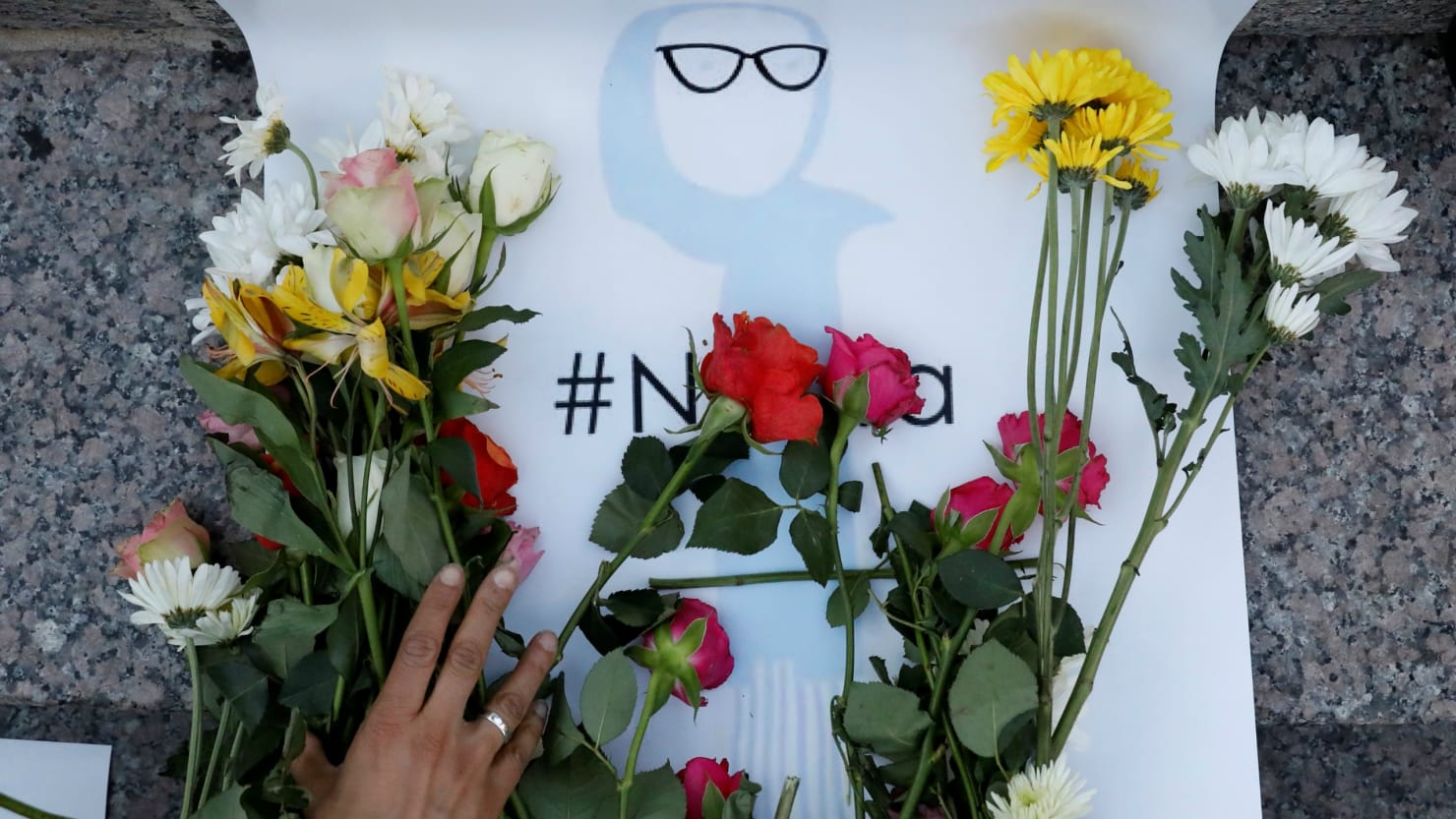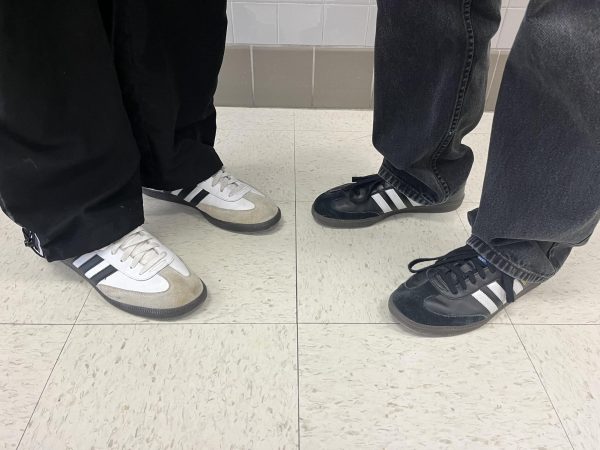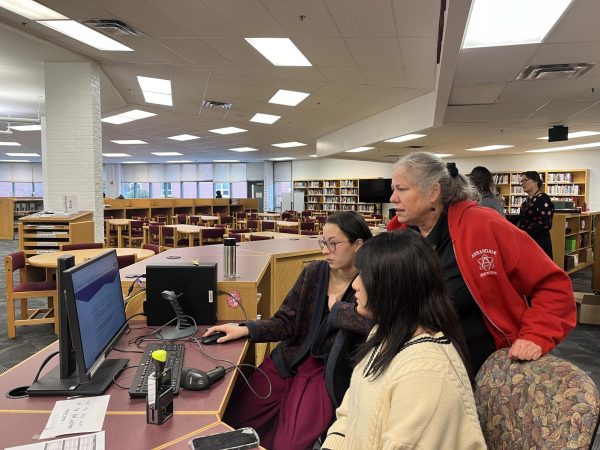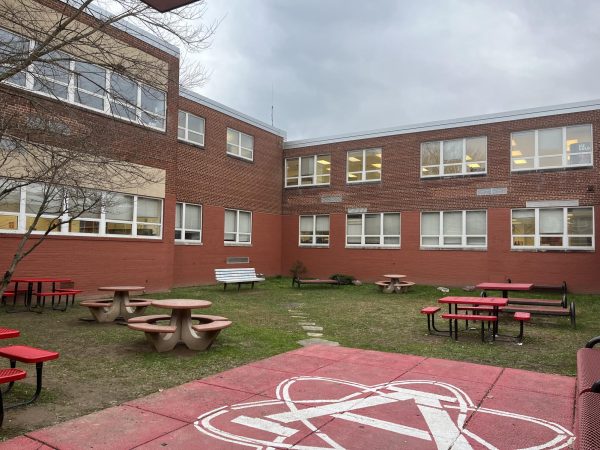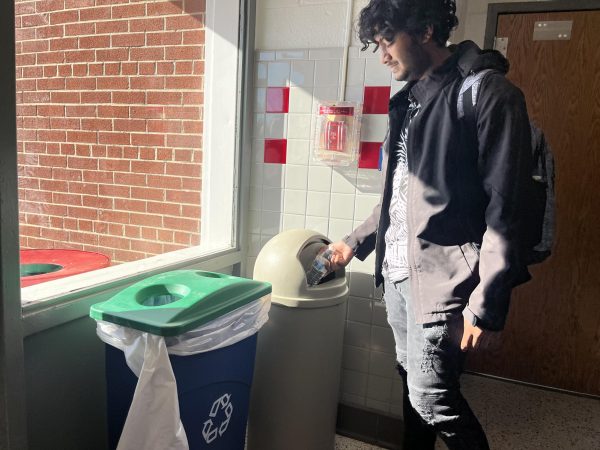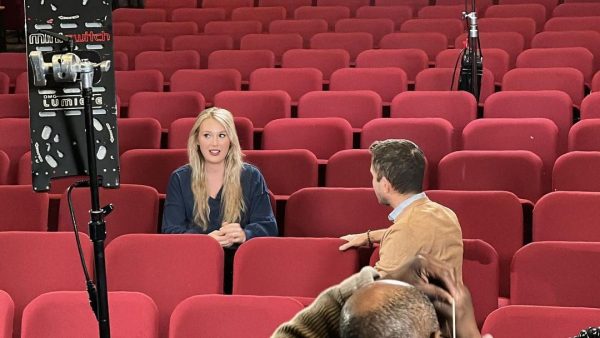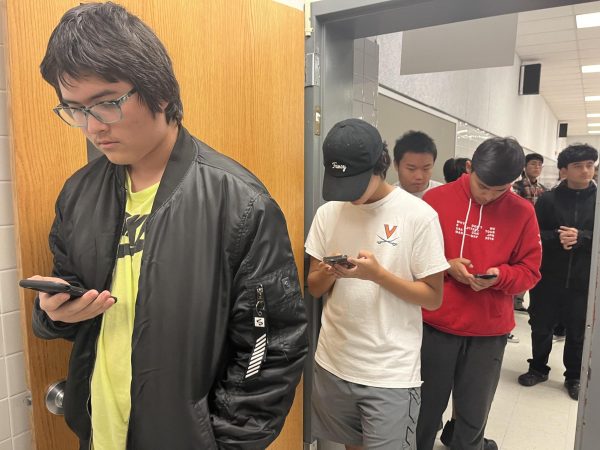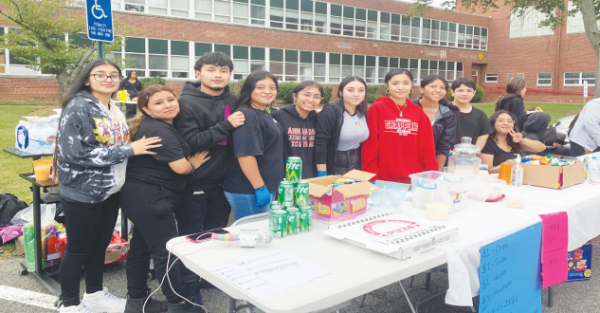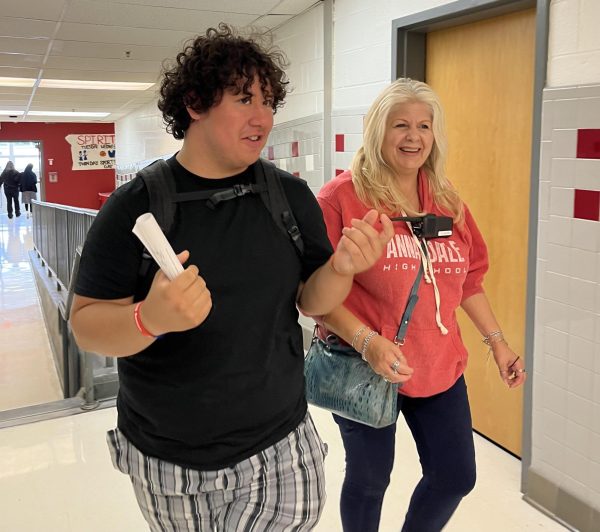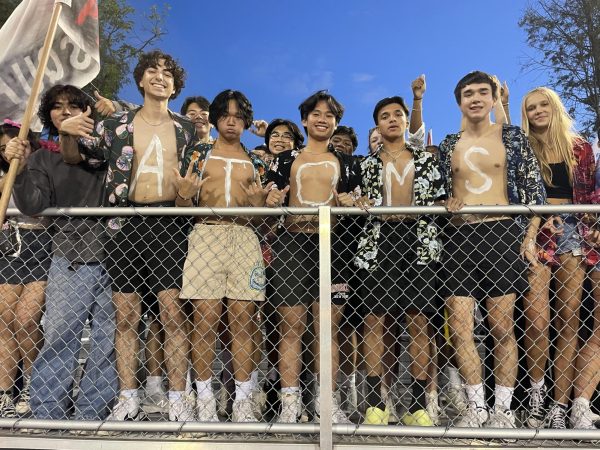AHS wonders how it couldn’t be a hate crime
Death of Nabra Hassanen shocks students
Nabra Hassanen was last seen biking and walking with other Muslim teens,from their local 24-hour restaurant near the All Dulles Area Muslim Society (ADAMS) mosque, where she just attended prayers for the holy month of Ramadan. She was only 17-years-old, a rising junior at South Lakes High School, when later that night she was abducted, brutally beaten, murdered, and left at a pond where her body would be found the next day.
On Sunday evening, Fairfax County police arrested and charged 22-year-old Darwin Martinez Torres for her murder after police noticed his car as driving suspiciously.
According to reports, the teens were confronted by the motorist after an alleged argument between a few of the teens and the motorist . However, all the 15 teens were able to flee, but Hassanen was left behind at the clutches of Martinez.
The death of Hassanen isn’t just a an act of violence against one girl, rather it is representative of an violence that has been perpetrated against an entire religion. Hundred and thousands seem to agree, when people from all over came together on social media came together to find Hassanen that early Sunday morning.
Despite the overwhelming calls by people for justice for not only this crime, but violence against Muslims as a whole, Fairfax County Police spokesperson, Julie Parker said at a press conference on Sunday, “[There] doesn’t seem to be any indication” that the murder was a hate crime. Rather, “[the] tragic case appears to be the result of a road rage incident involving the suspect, who was driving and who is now charged with murder, and a group of teenagers who was walking and riding bikes in and along a roadway.”
Brushing it off as a “road rage” incident is not only inflammatory, but representative of the state we are in as a nation in respect to the outlook on Islam.
“I was angry to hear it was not called a hate crime,” junior Fatima Nour said. “I was ultimately confused as to why there was any discussion over the matter because it definitely sounds like a hate crime to me.”
Hate crimes, fueled by hateful rhetoric, has surged in recent years. According to a report, released in May, conducted by the Council on American-Islamic Affairs (CAIR), there has been a 57 percent increase in anti-Muslim bias incidents from 2015 to 2016. Additionally, there has been a 44 percent increase in hate crimes in the same period.
Hassanen’s father, Mahmoud Hassanen Aboras, told the Guardian newspaper that he believes his daughter was killed “because she is Muslim.” He told reporters that he didn’t want “anyone to feel what I feel to lose your 17-year-old daughter… Christian, Muslim, Jew, Hispanic, whatever.”
Spending late Ramadan nights at 24-hour restaurants like McDonalds or iHop is an experience we, as Muslims, are all too familiar with. To have this experience be commandeered from us is an intrusion of the slice of home we bring to America.
“I could relate to Nabra because I, too, where a hijab. Her death is a message to all Muslims that we are not welcome here,” junior Mariam Mohamed said. “Especially, in the political climate we are living in, I do not want to be in constant fear.”
CAIR has also cited more than 10 anti-Muslim laws have been enacted by states between 2013 and 2015. Thanks to inflammatory rhetoric from politicians, most notably President Donald Trump, has contributed to this rise. The media also plays a role in the portrayal of Muslims.
There are countless sources for the increased anti-Muslim sentiment, but the results of all of these inflammatory comments is the same: attacks on Muslims. Muslims never receive a break from anti-Muslim hate perpetrated by the rest of the world.
On Monday night there was the attack in Finsbury Park mosque in London which a man drove a van into a group of people leaving Ramadan prayers, One can only feel pessimistic about the state of unity we are in.
“I am scared about the time we are living in,” junior Lina Osman said. “I am constantly in fear about how my religion might put someone off, and I should never have to feel scared others’ perception of my identity.”
Although there has been a large out-pour of support during Hassanen’s memorial and protests all over the country, her memorial in DuPont Circle was burned by a vandal.
“This entire situation confirmed that Muslims in society are seen as a threat and I have to stay alert and take certain precautions to ensure my own and others safety,” Nour said.
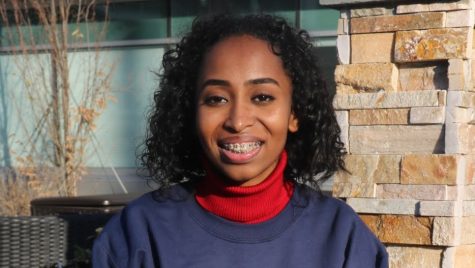
Senior Aseal Saed is currently the Co-Editor in Chief of The A-Blast. This is her fourth year on staff. Her previous positions were as In-Depth Editor...



